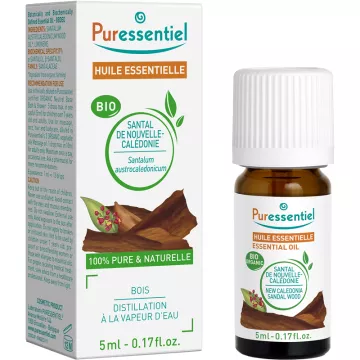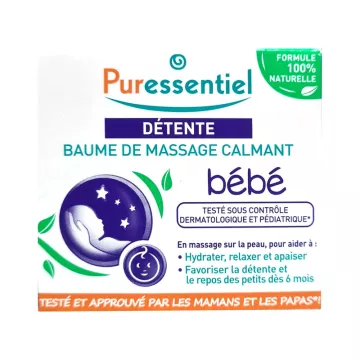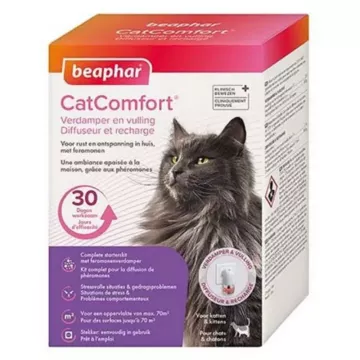



What is relaxation and why is it essential to our well-being?
Relaxation refers to the state of physical and mental release that enables us to free ourselves from accumulated tension. It is essential for maintaining psychological balance, reducing stress and improving quality of life. In our fast-paced and often stressful society, finding moments to relax is crucial to preserving our mental and physical health.
How can we achieve optimum relaxation?
There are many ways to achieve optimum relaxation. Among the most effective are meditation, regular physical activity, deep breathing techniques and listening to soothing music. Each of these techniques helps to reduce stress levels and promote a state of general well-being.
What are the immediate health benefits of relaxation?
The immediate health benefits of relaxation include lower blood pressure, reduced anxiety, improved concentration and better emotional regulation. Relaxation also helps to improve sleep quality, which is fundamental to optimal functioning of the body and mind.
How can I fit relaxation into my busy schedule?
Integrating relaxation into a busy schedule may seem difficult, but it is possible to find moments of pause even during the busiest of days. Five-minute breaks for deep breathing, ten-minute meditation sessions, or even the practice of mindfulness during daily activities can greatly contribute to your well-being.
Are there any tools or applications that facilitate relaxation?
Yes, there are many tools and applications available to help you relax. Guided meditation apps, stress management programs and relaxing music playlists are readily available and can be used at any time to promote a state of relaxation.
How can relaxation influence professional performance?
Relaxation plays a key role in improving professional performance. A relaxed mind is better suited to creativity, problem-solving and decision-making. Relaxed employees are generally more productive, more committed and less prone to errors, which benefits the whole organization.
Can relaxation help manage difficult emotions?
Absolutely, relaxation is a powerful tool for managing emotions. It helps you to step back from stressful situations and approach challenges with greater serenity. What's more, it enables us to manage anger, frustration and anxiety more effectively, promoting better social and personal interaction.
What types of physical exercise do you recommend to promote relaxation?
Physical exercises such as yoga, tai chi and Pilates are particularly recommended for promoting relaxation. These activities combine gentle movements with controlled breathing techniques, helping to reduce stress and improve body flexibility. Swimming and nature walks are also effective for relaxing and reconnecting with yourself.
Can essential oils be used to enhance relaxation?
Yes, the use of essential oils is an effective method for improving relaxation. Oils such as lavender, chamomile and eucalyptus are known for their soothing and relaxing properties. They can be used as an atmospheric diffusion, added to bath water or applied to the skin diluted in a carrier oil for a deeply relaxing experience.
How does relaxation affect the immune system?
Relaxation has a positive impact on the immune system. Chronic stress can weaken the immune system, making the body more vulnerable to infection. On the other hand, regular periods of relaxation can strengthen the body's natural defenses by reducing the production of the stress hormone cortisol, and promoting better regulation of bodily functions.
How important is the environment in the quest for relaxation?
The environment plays a crucial role in a person's ability to relax. A calm, clean and pleasantly furnished space can significantly increase levels of relaxation. It's advisable to create a space dedicated to relaxation at home, which can include elements such as soft lighting, soothing colors, and the absence of clutter or disruptive noise.
What advice would you give for maintaining a state of relaxation over the long term?
To maintain a state of relaxation over the long term, it's essential to adopt a balanced lifestyle that includes a healthy diet, adequate hydration, and a regular sleep routine. It's also important to engage in regular relaxation activities and take dedicated breaks throughout the day. Finally, limiting exposure to stressors and learning stress management techniques can help maintain good mental and physical health.